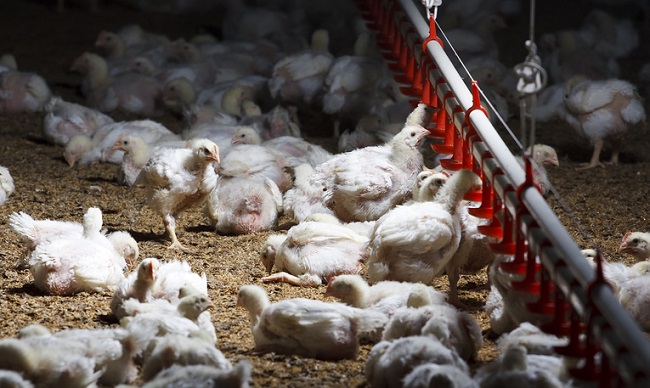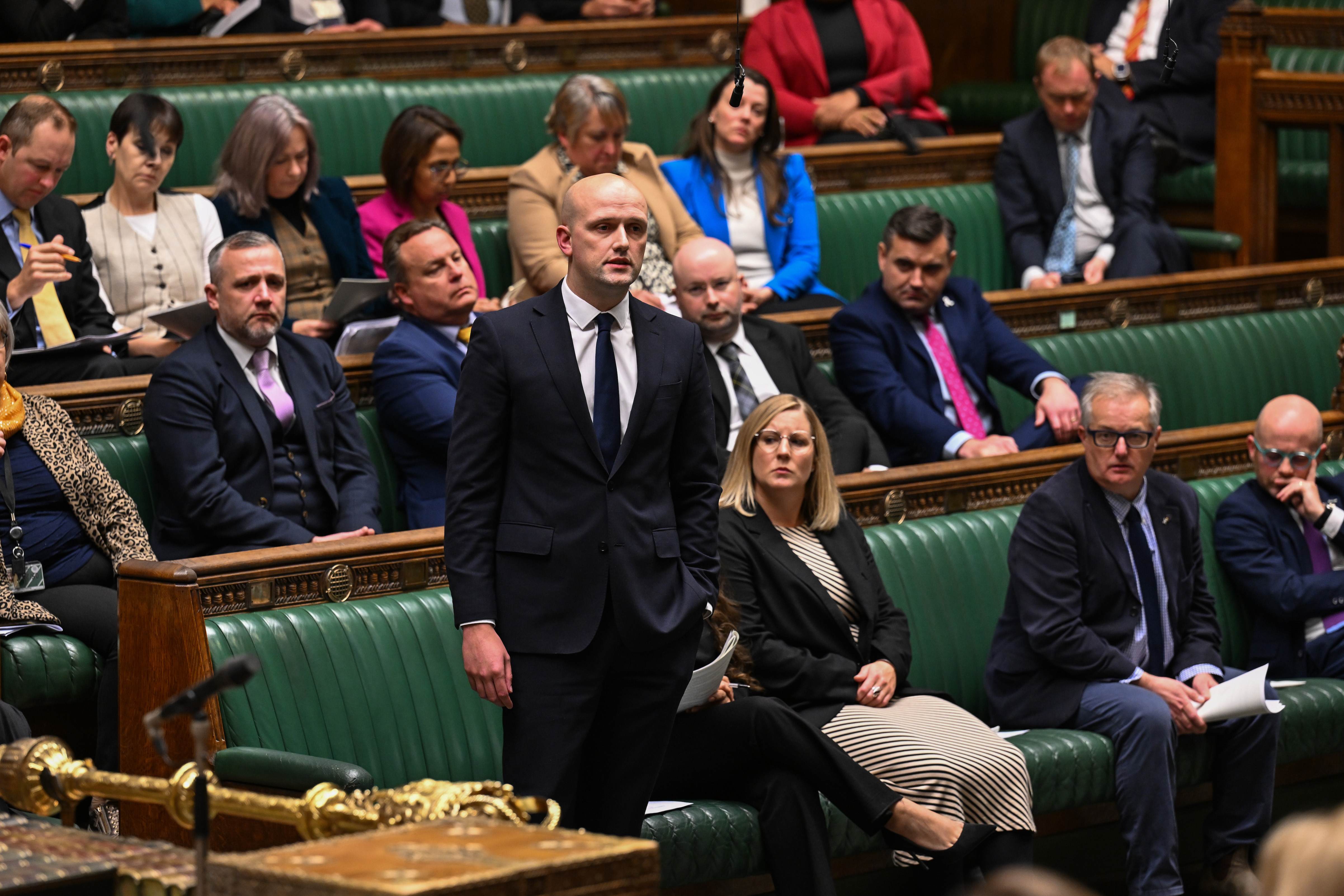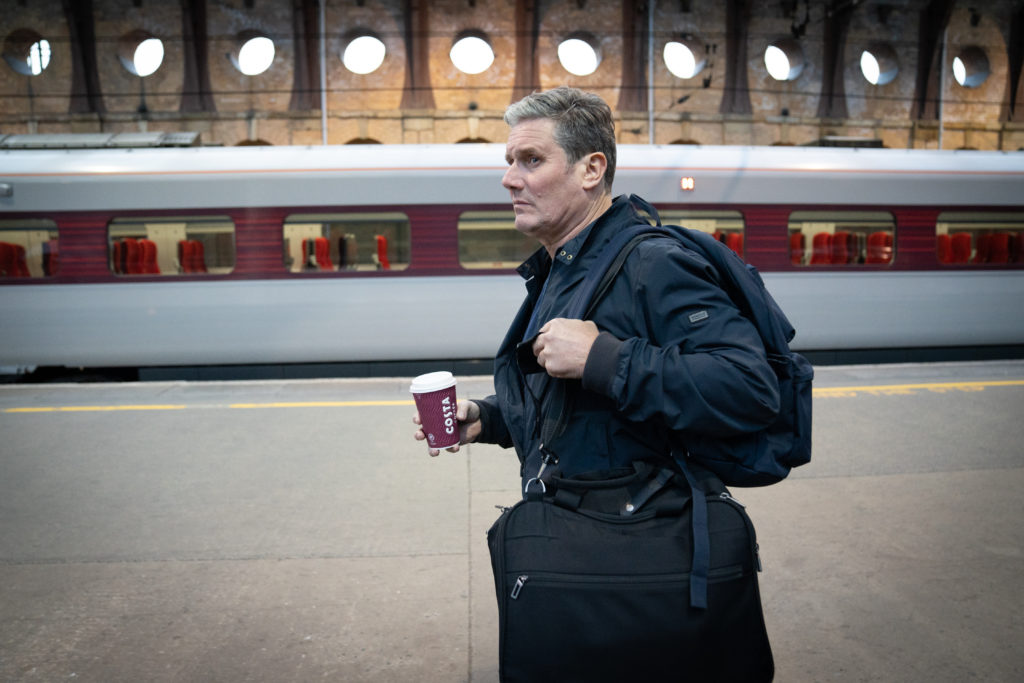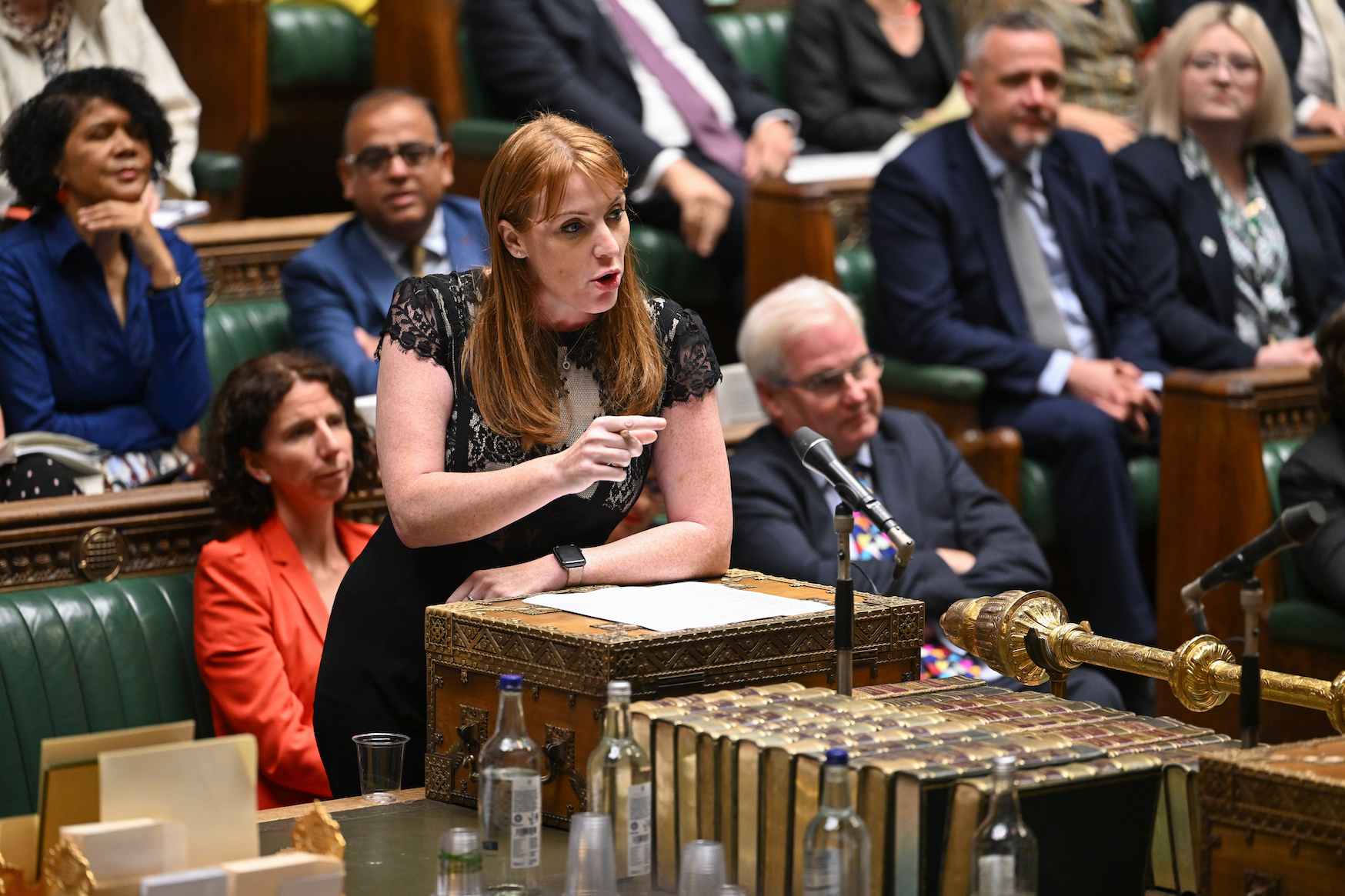What is a broiler chicken?
Broiler chicken is the term used to describe poultry raised in “industrial” highly intensive farming environments for meat production. Those chicken raised in intensive conditions for egg production are commonly referred to as battery chickens.
The vast majority of chicken meat produced worldwide and in the UK is produced through the broiler chicken farm method, primarily because of the cost efficiency of “factory farming”.
However, the animal welfare and public health implications of growing broilers has become an issue of concern for a large section of the public.
Government statistics from January 2022 detailed that slaughtering of UK broiler chickens amounted to 100.1 million birds in the previous 12 months.


The Campaign Group, Compassion in World Farming, have suggested that 70% of chickens that are raised for meat globally are raised in intensive industrial famring systems.
How long do broiler chickens live?
Broilers (chickens farmed for meat) are bred to grow bigger and faster. Chickens can live for six or more years under natural conditions. However those used in intensive farming are typically commonly slaughtered before they reach six weeks old.
Free-range broilers will usually be slaughtered at 8 weeks old and organic broilers at around 12 weeks old.
According to the UK Department of Environment, Food and Rural Affairs statistics on UK hatcheries and poultry slaughterhouses, in January 2021, UK broiler slaughtering stood at 102.3 million birds.
In 2018 for the year as a whole, approximately 874 million broilers were slaughtered in the United Kingdom.
Broiler chickens and supermarkets
A number of leading supermarkets have pledged that from 2025 they won’t sell chickens that have been caged, albeit this will not affect farmers keeping chickens in warehouse-style broiler sheds.
It has been suggested that the constantly increasing consumer demand for lean meat means there will be plenty of market to aim at during and post-Brexit.
In February 2022, the Department of Environment Food and Rural Affairs published its ‘Better Chicken Commitment’ (BCC) strategy as part of its new Animal Health and Welfare Pathway. This focussed on the need to improve chicken conditions through incentivization of slower-growing breeds, lower stocking densities, and improved housing conditions. Waitrose and Marks and Spencer were the first two supermarkets to sign up to the BCC.
History of the broiler chicken issue
“Factory farming” in the UK is a post-second world war phenomenon. In the immediate aftermath of the war, concerns about food shortages ran high, and self-sufficiency in food production was deemed an important national goal.
At the same time, successive governments were keen to keep food prices low so as to assist domestic economic recovery. Low food prices were also necessary to retain export markets, with the emergence of the USA and USSR as the world’s agricultural powerhouses.
With cost imperatives driving farmers off the land and causing widespread consolidation of the industry, factory farming developed as the most efficient means of production. The intensification and upscaling of agriculture during the 1960s was supported by government and EEC grants.
Reacting against this and other “science over nature” trends, the pioneers of the environmental movement in the late 1960s were quick to pick up on the negative aspects of factory farming, with books such as “Silent Spring” and “Animal Machines” generating considerable interest.
In 1979 the government established the Farm Animal Welfare Council (FAWC), with the aim of keeping animal welfare standards under continuous review, but it was not until 1986 that the first rules were adopted at the EU level on “hen laying” (Council Directive 86/113/EC, succeeded in 1988 by Directive 88/166/EC).
Strong campaigning against factory farms, assisted by public examples of obvious mistreatment of animals and food safety scares was having an impact by the 1980s. The most well-known being the salmonella in eggs scandal. A corollary of this, and of the disappearance of the threat of food shortages, was the rise of free-range farming and more recently organic farming; a return to “old fashioned” and more expensive production methods, that were considered more humane and safe.
The state of fast growing broiler chickens has historically been much less publicised than battery chickens, with the majority of the public under the impression that the chickens they eat, are “spent” laying hens.
Following a long campaign to raise awareness, in 2003, the campaign group Compassion in World Farming took the practices used in broiler farming to Judicial Review, claiming that they were illegal. Mr Justice Newman, presiding, ruled against the organisation, however, stating that there had to be a balance between the needs of animals and intensive farming’s commercial interests, and this balance had not infringed legal guidelines.
The issue has been brought to the public’s attention through the efforts of celebrity chef Hugh Fearnley-Whittingstall. He attempted to raise its profile by challenging Britain’s largest supermarket, Tesco, to improve existing standards for chickens reared for eating. Mr Fearnley-Whittingstall asked shareholders at Tesco’s annual general meeting to approve the measures in June 2008 but his motion was roundly defeated.
Council Directive 2007/43/CE outlined minimum rules and conditions for the protection of chickens kept for meat production and aimed to reduce the overcrowding of chicken holdings by setting a maximum stocking density of 33kg/m2, or 39kg/m2. Other conditions under the directive related to lighting, litter, feeding, and ventilation requirements. All Member States were required to transpose the Directive into national legislation and implement it by June 2010. With heavy use of antibiotics to prevent avian diseases, scientific research has expressed concern that broiler chickens are becoming resistant to the antibiotic use.
In September 2020, chickens growing unnaturally fast, were labelled as ‘Frankenchickens’ in a report by the group, Open Cages. The speed at which Frankenchickens were said to grow, led to a muscle disease, that makes the meat higher in fat and less healthy to eat. The report came in the context of ‘The Better Chicken Commitment’, a new initiative that requires companies to meet higher standards for chickens by 2026. Over 150 companies across Europe and the UK have signed up, including Waitrose, Marks & Spencer and even KFC.
Controversies
Those opposed to broiler chicken farming
There are two basic objections persistently raised against the intensive farming of poultry: that it neglects animal welfare ; and that it endangers food safety.
Policy which for many years, as with most agricultural matters, stemmed from the EU, has historically balanced the objections of animal welfare campaigners against the economic case for intensive farming. However in recent years, it has been moving against factory farming.
Conditions for broiler chickens raised for meat are normally considered marginally better than those for battery hens, insofar as they are not raised in cages, but on the ground, albeit in cramped, dark and hot sheds. Poor facilities can mean that broilers walk around in their own excreta, causing foot ulcerations and “hock burns” – black marks caused by ammonia that can sometimes be seen on chickens in the shops.
However, the main welfare problem with regard to broilers is the impact of selective breeding on the birds themselves. Broilers reach their slaughter weight in around 40 days, half the time birds took to reach full size 30 years ago. This growth rate puts immense strain on their hearts and lungs, and their legs are frequently unable to support their overgrown bodies.
These conditions have generated food safety threats in the past. In 1999, carcinogenic dioxins were found in poultry feeds at plants in Belgium, France and the Netherlands.
More recently, concerns have been voiced about the use of antibiotics as growth promoters. Although hormonal growth promoters are illegal in the UK, it is widely feared that the use of antibiotics may be contributing towards the development of drug-resistant bacteria, with potentially serious consequences for animal and human health.
Compassion in World Farming argue that good animal well being depends on the three components of physical well being, mental well being and natural living, and that all three of these are ‘compromised’ by what the group described as overcrowing in filthy conditions and barren environments that are designed to support rapid growth.
Those supporting broiler chicken farming
Those involved in factory poultry farming deny these health concerns as speculative scaremongering or the product of bad practice in an otherwise responsible industry.
Supporters of intensive farming emphasise the public’s demand for cheap food, and the unwillingness of all but niche consumers to pay the premiums associated with higher welfare standards.
The food industry is highly globalised, moreover, and while many farmers might be willing to change, they face the problem of being undercut by cheaper intensive producers overseas if they accept tighter domestic regulation – with the effect that they go out of business, while the welfare problems persist elsewhere.
To emphasize the importance of international action, and despite its own broiler chicken production equating to 1.73 million tones of poultry meat in 2015, the UK was still a net importer of poultry meat, largely due to the demand for breast meat. International action has been difficult, particularly at the World Trade Organisation, where many countries interpret animal welfare standards as a form of protectionism.
Quotes
“Britain should have world-leading animal welfare standards post-Brexit, and I believe that this is what the British public expects of the food that they buy in their local supermarkets. Whilst the practices behind cheap chicken are the norm across the world, they do not need to be for us” – Conservative MP, Andrea Jenkyns, 2020.
“Good animal welfare depends on three components: Physical well-being, Mental well-being, Natural living. In intensive chicken farms all three of these are compromised by overcrowding in filthy conditions, barren environments, and rapid growth. Chickens also suffer injury and stress through rough handling during catching, transport and slaughter”. – Compassion in World Farming Website, 2021
“The only way intensive farming will stop is if people cease to encourage the market for it.”- Animal Defenders International (ADI) – 2012



























